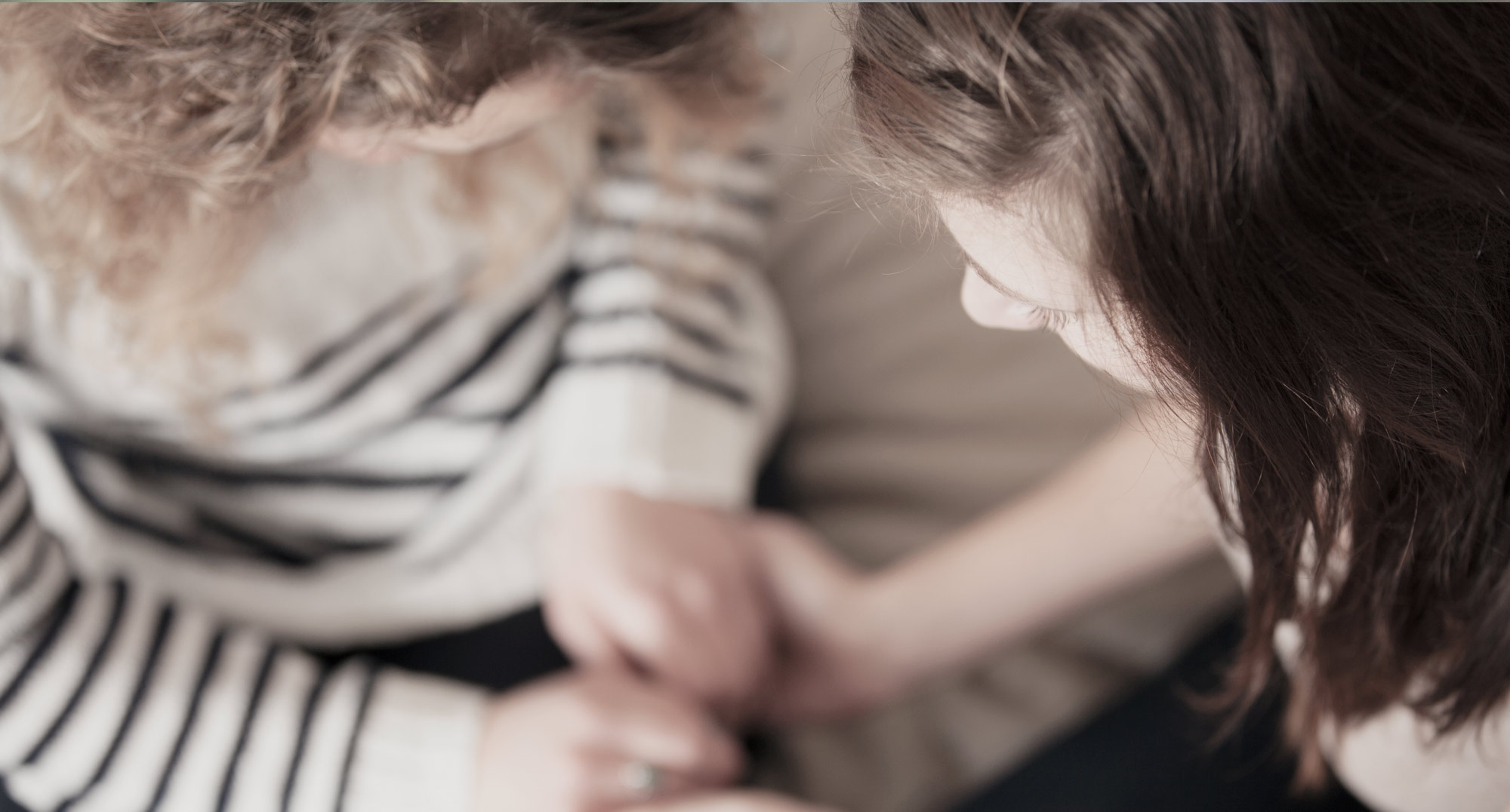ANN MAREE GOUDZWAARD|CONTRIBUTOR
Nora[1] chuckled, but laughing didn’t stop her from crying. Her friend, Allie, had a knack for soothing awkward situations. She knew just what to say to lighten the mood. Nora knew Allie wasn’t uncomfortable; teasing was just her way to ease tension. Nora dabbed at her tears with a napkin and looked for the waitress, “I should go,” she said, “Rob will be home soon and he’ll wonder where I’ve been all afternoon.”
The two women had agreed on this lunch date weeks ago. Nora had no idea her husband’s explosive outburst the night before would shadow their pleasant afternoon. His timing to hurl some rather choice insults—laden with words she would never repeat—was impeccable. His disgusting taunts still echoed in Nora’s mind. The shame of it all made her cry.
Allie was a friend Nora could lean on. Sometimes she advised her in the worst way… “Nora, if you would just…” and then tell her to do something that implied she had control over Rob’s oppressive behavior. But nonetheless, Allie’s love for Nora was genuine.
Women like Nora need friends like Allie. The circumstances of their abusive relationship are isolating. It keeps them at arm’s length from other people. To have a friend who respects them as an image bearer is invaluable. I’ve heard many victims express this need. If oppressed women could share how we can help, this is what they might say:
Please, treat me like an adult.
One characteristic of an abusive home is that the husband treats his wife like a child. In an oppressive marriage, he calls the shots and determines direction. He’s the king of his castle and his wife is there to serve his every desire. A woman in this kind of relationship loses agency; her God-given right to make her own decisions. Eventually, if she remains in the marriage long enough, she forgets how to make choices on her own.
Everyone will stand before the Lord one day and give an account (Rom. 14:12). We serve our sisters well when we promote their discipline of thinking, articulating, and then making God-glorifying decisions about the circumstances of life.
I am intimately aware of my own sins. Can we talk about something else?
Another characteristic in an oppressive home is the atmosphere of blame. A husband who abuses his power and control in relationship with his wife rarely sees his own sin. Rather, he makes it his goal to identify and articulate his wife’s weaknesses, and then attribute all of the problems in the marriage to her. A woman in this type of home hears about her sin daily. We need to be careful to administer God’s Word to her wisely.
Scripture tells us there is a right way to minister the Word of God (1 Thess. 5:14), a wrong use of the Word of God (Job 42:7), and a right and a wrong time to minister the Word of God (Eccl. 3:7). A friend who helps a woman in an oppressive marriage must grow in biblical wisdom and discernment in order to properly handle God’s Word in relation to her friend’s problem. And, although she should know Scripture, she needs to know her friend. She must carefully minister biblical understanding both by using—but also perhaps by not using—words (Matt. 6:28;1 Pet. 3:1; Rev. 8:1).
Be patient with me.
One other characteristic of an oppressive marriage is that it is very confusing. Our friend’s husband was supposed to be a life-long companion, intimate partner, and protector (Eph. 5:25-33). However, what he is doing is anything but. This can be very unsettling. One moment, your friend may be singing the praises of her husband, and the next talking about her plans to leave. Helping her at these times will feel like riding a roller coaster of concern, relief, fear, and disappointment.
We need to be prepared (and willing) to go on that ride. This doesn’t mean we play pretend. We can remind her of the reality of her situation and the concerns we have for her well-being. But we let her set the pace for her choices and pay close attention for how to encourage her no matter what she decides.
Walking alongside a friend or loved one in an abusive marriage is heartbreaking. However, it is not nearly as difficult as actually living in that abusive marriage. When we use our natural gift of empathy to get into an abused woman’s shoes and imagine what it might feel like to endure oppression, we are best positioned to help. Praise God that, although this world is full of difficult relationships and pain-filled circumstances, He has not called us to journey alone.
Reflection Questions
- Who do you know that may be suffering under the heavy hand of oppression in her home? Ask her how you can help.
- What are some of the presuppositions you have about abusive relationships? Where did you learn them? Pursue development of your understanding about the dynamics of domestic abuse.
[1] “Nora” and “Allie” are hypothetical characters; however, the circumstances of this story are derived from a variety of actual events. I am indebted to Chris Moles, Joy Forrest, and Darby Strickland for imparting their wisdom about domestic abuse through training, books, and resources. See the hyperlinks for suggestions to further understand the devastating culture of oppression.
About the Author:
Ann Maree Goudzwaard
Ann Maree Goudzwaard serves at her home church, Christ Covenant in Matthews, NC, counseling those in need and training in one another care. She is the co-author of Help[H]er, A Churchwide Response for Women in Crisis. Ann Maree is a biblical counselor, has an MDiv with a counseling emphasis from RTS Charlotte, and is a DMin candidate. She is married to Bob, mother of three, and grandmother to eleven.

